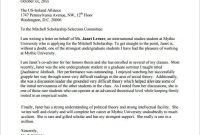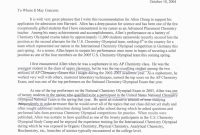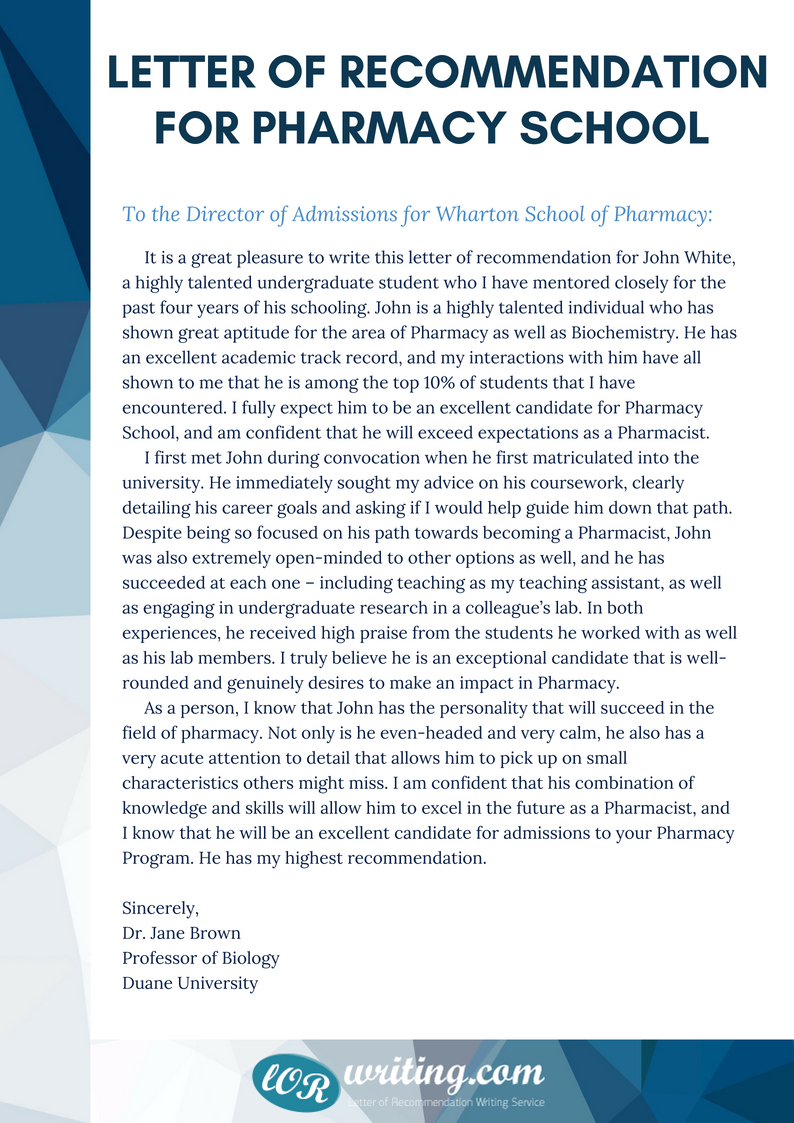 Sample Letter Of Recommendation For Pharmacy School Applicant intended for proportions 794 X 1123
Sample Letter Of Recommendation For Pharmacy School Applicant intended for proportions 794 X 1123Crafting a Stellar Recommendation Letter for a PhD in Biology
Recommendation Letter For Ph.D. In Biology – In the fiercely competitive realm of biology Ph.D. programs, where the pursuit of knowledge takes center stage, the significance of a robust recommendation letter cannot be overstated. It serves as the bridge that connects a student’s academic accomplishments with their dreams of becoming a pioneering biologist. This article, penned by a seasoned biology professor with a wealth of experience in guiding aspiring scientists, will unveil the art of crafting an exceptional recommendation letter for those seeking entry into the world of biology Ph.D. programs.
Introduction
Imagine a world where groundbreaking discoveries in biology never came to fruition. A world without cures for diseases, an understanding of ecosystems, or the ability to harness the secrets of DNA. Fortunately, we do not live in that world, thanks to dedicated scientists’ relentless pursuit of knowledge. However, becoming a biologist who can make such significant contributions is not easy; one crucial stepping stone on this journey is securing a spot in a reputable biology Ph.D. program.
Admission into these highly competitive programs depends not solely on academic prowess but also on the compelling recommendation letters accompanying the application. These letters testify to an applicant’s potential, character, and aptitude for cutting-edge scientific research. As a biology professor with extensive experience nurturing young scientific minds, I have had the privilege of crafting numerous recommendation letters that have helped students enter prestigious Ph.D. programs. In this article, I will share my expertise and insights on writing a recommendation letter that genuinely stands out.
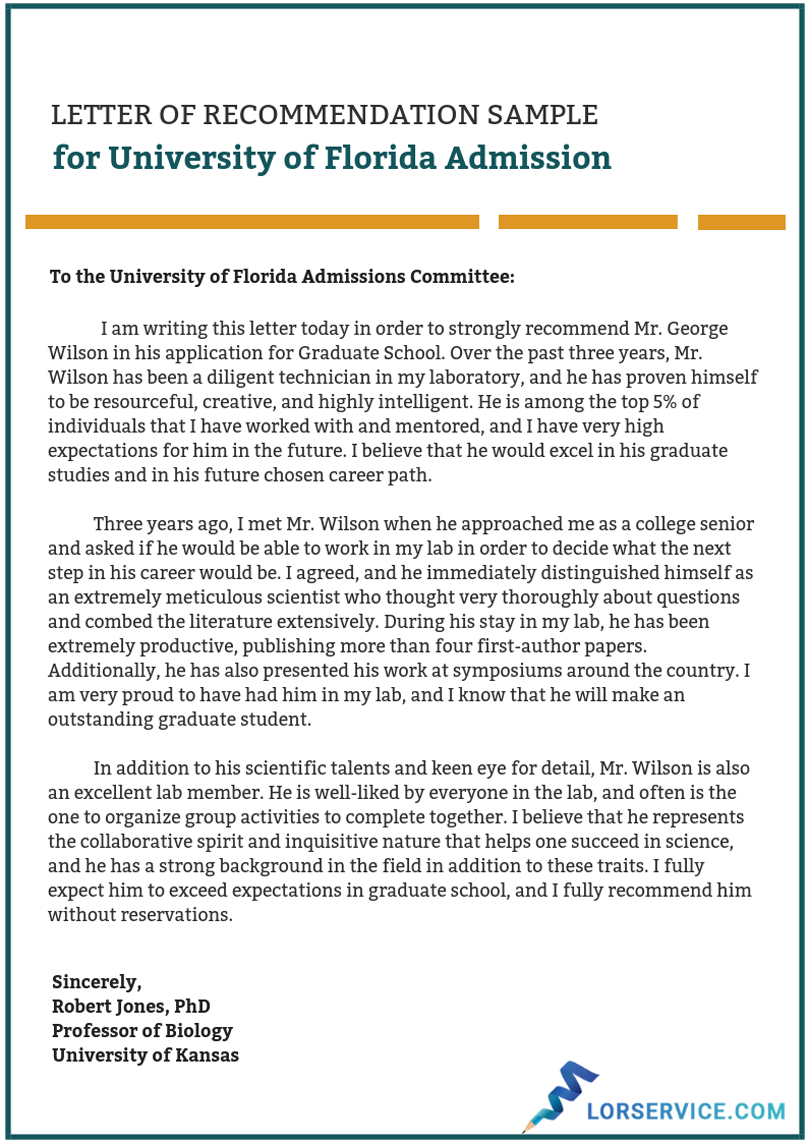 Recommendation Letter For Ph.D. Admission From Professors intended for size 808 X 1143
Recommendation Letter For Ph.D. Admission From Professors intended for size 808 X 1143The Opening Paragraph
Crafting a compelling recommendation letter begins with a powerful opening paragraph. In this initial section, you set the tone for the entire letter. Express your enthusiastic endorsement of the applicant, leaving no room for doubt about your confidence in their abilities. Mention how long you have known them and in what capacity. This could be as a research assistant, a student in multiple courses, or any other role demonstrating your substantial interaction with them.
Academic Abilities
The core of any recommendation letter for a biology Ph.D. program lies in showcasing the applicant’s academic abilities. Paint a vivid picture of their scholarly excellence by providing concrete examples. Highlight their research acumen, proficiency in laboratory techniques, prowess in statistical analysis, aptitude for scientific writing, and oral presentation skills. Mention specific courses where they excelled, impressive grades and any awards or accolades they have received. These details offer tangible evidence of their capabilities and make your recommendation all the more convincing.
Research Experience
One of the critical components that admissions committees look for is the applicant’s research experience. In this section, delve into the applicant’s undergraduate research activities. Describe their contributions to your lab and any papers or posters they have presented. Emphasize critical thinking, problem-solving skills, perseverance, and work ethic. Highlight moments when they went above and beyond, showing their dedication to advancing scientific knowledge.
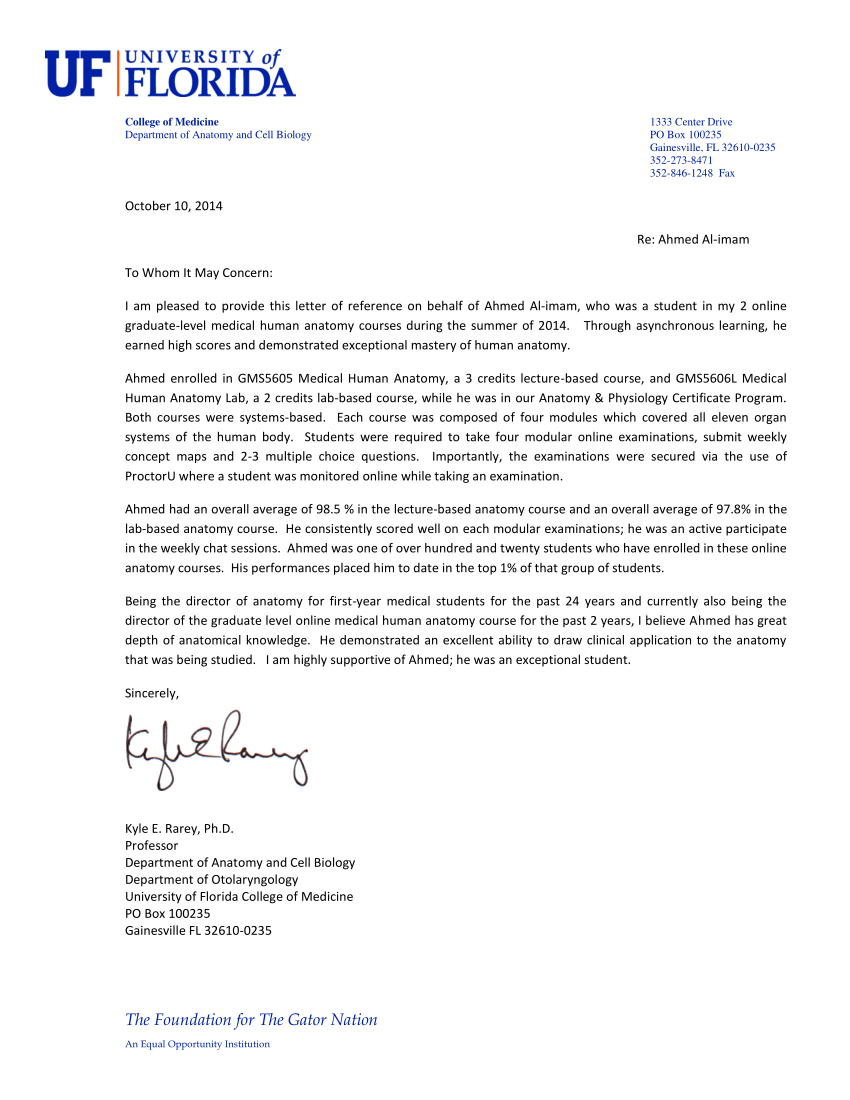 Pdf Reference Letter From Professor Kyle Rarey’s Department about sizing 850 X 1100
Pdf Reference Letter From Professor Kyle Rarey’s Department about sizing 850 X 1100Personality Traits
Beyond academic excellence, admission committees seek individuals with the right personality traits to thrive in a Ph.D. program. Offer insights into the applicant’s positive character traits that will undoubtedly aid their research journey. These traits may include independence, intellectual curiosity, maturity, leadership potential, collaboration skills, and effective communication. Illustrate these traits with real-life examples and anecdotes from your interactions with the applicant.
Fit for the Program
An essential element of your recommendation letter is explaining why the applicant is an excellent fit for the specific biology Ph.D. program they are applying to. Show how their academic background aligns seamlessly with the program’s research areas. Highlight any unique qualities that make them a perfect match for the department’s strengths. This underscores the applicant’s suitability and demonstrates your insight into the program’s unique attributes.
Future Promise
As someone who has nurtured countless aspiring biologists, you are in a prime position to comment on the applicant’s potential to contribute. Express your confidence in their ability to conduct innovative research and embark on a successful scientific career. Offer a glimpse into their potential to become a leader in biology. Your words can give the applicant the encouragement and belief they need to pursue their scientific ambitions.
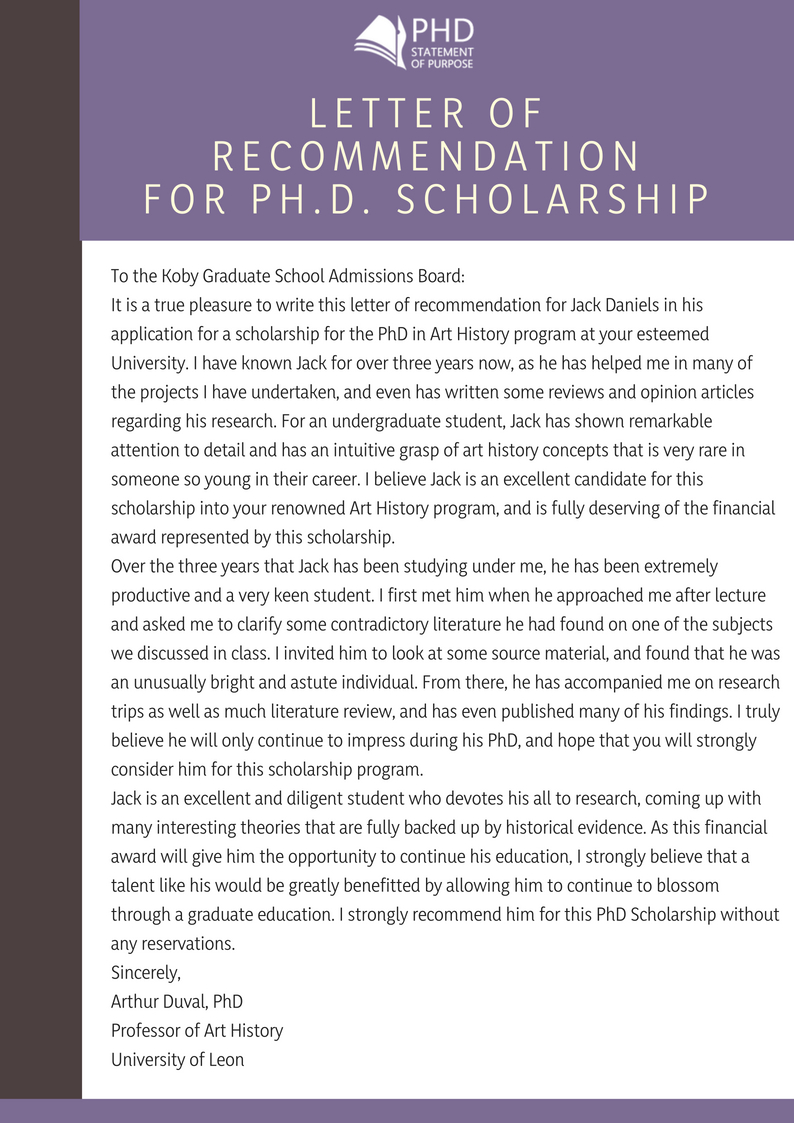 Write A Winning Recommendation Letter For a Ph.D. With Us about measurements 794 X 1123
Write A Winning Recommendation Letter For a Ph.D. With Us about measurements 794 X 1123Unique Value to the Program
Highlight any unique attributes that make the applicant uniquely valuable. This could be their academic diversity, interdisciplinary expertise, unique life experiences, or perspectives that bring a fresh outlook to the field. Admissions committees often seek individuals who can add diverse dimensions to their program, and your endorsement can serve as a powerful testament to the applicant’s potential in this regard.
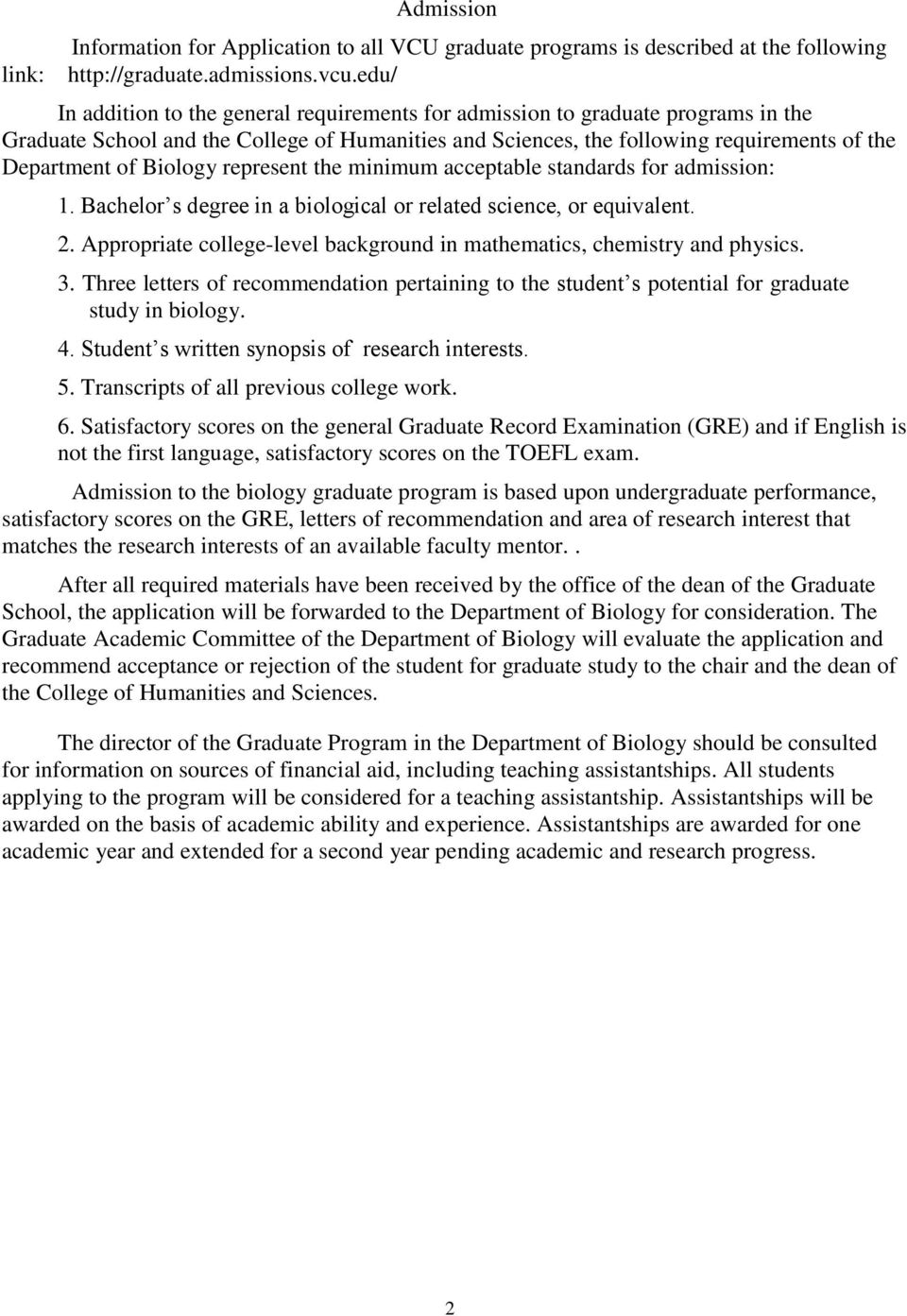 Recommendation Letter For Biology Graduate School Enom regarding proportions 960 X 1393
Recommendation Letter For Biology Graduate School Enom regarding proportions 960 X 1393In conclusion, crafting a stellar recommendation letter for a Ph.D. in biology is both an art and a science. It requires a deep understanding of the applicant’s academic achievements, research potential, and personal qualities that make them a standout candidate. As a seasoned biology professor, you possess the knowledge and experience to create a compelling narrative that can open doors for aspiring scientists.
In this letter, you have wholeheartedly endorsed the applicant, affirming your unwavering confidence in their ability to excel in the biology Ph.D. program of their choice. You have provided concrete examples of their academic achievements, research prowess, and character traits that make them ideal candidates. Your insights into their fit for the program and their potential to shape the future of biology have painted a vivid picture of their promise as a scientist.
As you close the letter, don’t forget to include your contact information and extend your willingness to provide further input about the applicant as needed. Your role as a mentor does not end with the recommendation letter; it extends to supporting them in their journey toward becoming the next generation of pioneering biologists.
In the end, your recommendation letter is not just a piece of paper; it is a testament to the potential of a budding scientist. With your guidance, you have helped them overcome the challenges and obstacles in the competitive world of biology Ph.D. programs and set them on a path toward scientific excellence and discovery.
